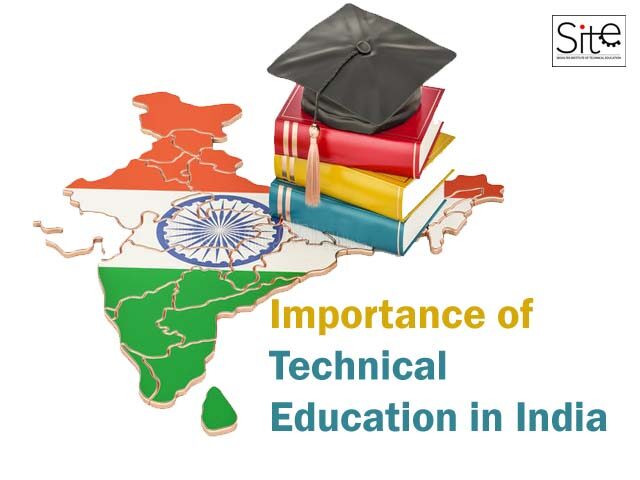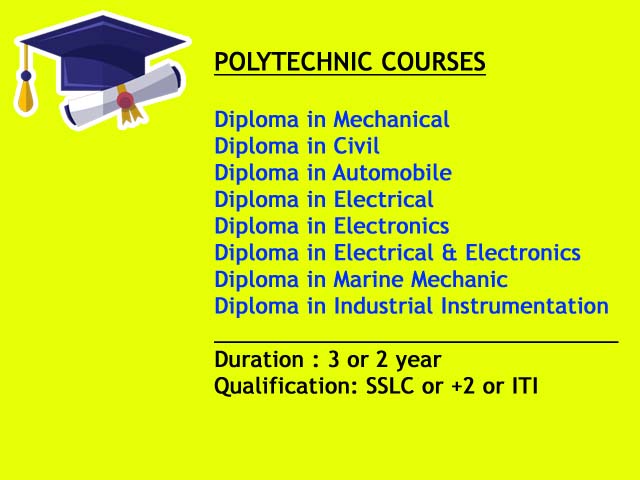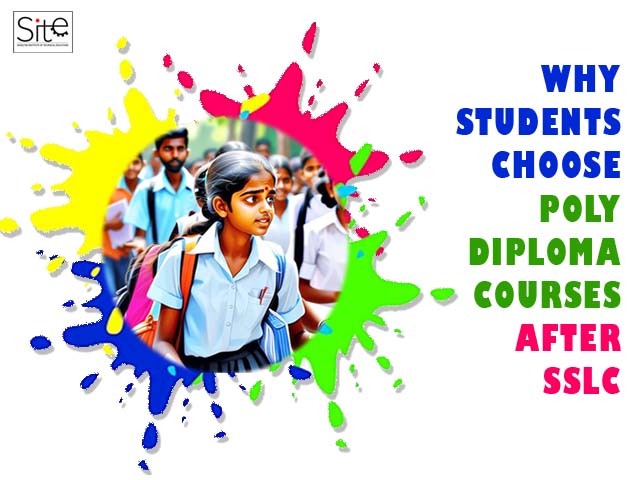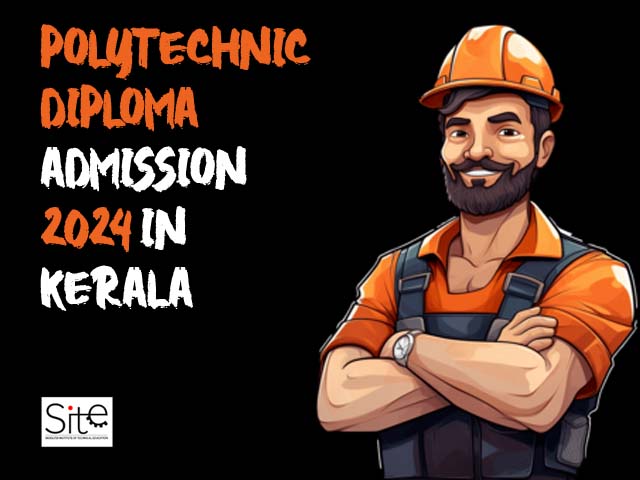- Have any questions?
- 9544233633
- info@skooltek.in
Importance of Technical Education in India

Polytechnic Diploma Lateral Entry Admission:
April 11, 2024
Benefits of Pursuing a Polytechnic Diploma
April 15, 2024Importance of Technical Education in India
- Diploma in Automobile Course
- Diploma in Civil Course
- Diploma in Electrical & Electronics Course
- Diploma in Electrical Course
- Diploma in Electronics Course
- Diploma in Industrial Instrumentation Course
- Diploma in Marine Mechanic Course
- Diploma in Mechanical Course
- Duration : 3 or 2 year
- https://www.skooltek.in/technical-diploma-courses/ poly diploma course admission open 2024 batch
- poly diploma lateral entry admission open 2024 batch
- Qualification: SSLC or +2 or ITI

THE word technical education is directly connected to polytechnic diploma courses. These courses are conducted by government / private institutions. Most demanding technical poly diploma courses are Mechanical, Automobile, Civil, Electronics, Electrical, Instrumentation and Information Technology (IT). For more details and poly diploma admission please click here https://www.skooltek.in/technical-diploma-courses/

One major development factor in our country’s economy today is due to infrastructure engineering. Today, infrastructure development in India is the topmost priority to bring India on par with developed countries. Infrastructure development involves the construction of urban areas, roads, bridges, water supply, environment, power, energy, public health, etc. and all this requires an in-depth knowledge and application of technology. There has been a dramatic growth in the construction industry due to an increase in urbanization. Private sectors get involved in big projects and most of the cities are given a new look.
Technical education is a great need of the hour in India, as we could see the case of many other developing nations like Australia, USA, USSR, and UK who have developed a lot only through technical education. And now a day, it is the technical education which rules the entire world. After independence, it is being widely introduced in India in order to improve the quality, to give a better and reliable education, and also to enhance the scope of the education which has been deteriorated in the past.
The qualitative education determines the caliber of living a nation. Technical education is an essential element for the overall development of a country. There are various aspects to technical education. It has an essential part to play in the progress of the country and its people. It is the key to solve the engineering problems and to develop new technologies to improve the nation’s productivity, which in turn improves the lifestyle of its people.
Overview of Technical Education
Formal technical education has been in existence in India since the era of the British where a British officer was paid to train Indian craftsmen. The era saw the establishment of the ‘Indian Institute of Engineering’ branches at Kharagpur, Madras, Bombay in the year 1939. But the real surge in technical education occurred at the dawn of independence. With a newly formed government, there was a need for infrastructure building and the only way to do so would be learning from the technological minds from other countries. The industry required skilled labor and engineers to build the nation and hence the number of institutes and student intake at the existing institutes began to grow.

There is a growing mismatch between the educational system and the needs of the society. An immense change has taken place and the job market is becoming more competitive. In India, economic liberalization in the 1990s has brought education into the new budget line of many families. Most students are offered only one career option that is ‘Engineering’ and ‘Finance’ and ‘Medicine’ in priority. But here in many cases the student may not have the aptitude for these fields of study but have been forced by parents or expectant past performances that he can cope up with. The result is evident with the growth of engineering colleges at the turn of the century and a plethora of students looking to acquire a technical degree. This has resulted in a saturation of educated minds and quality in the field of engineering. A significant percentage of these graduate engineers do not possess the required skill set to be employed in the engineering industry which has been a cause of concern in recent years.For more details and poly diploma admission please click here https://www.skooltek.in/technical-diploma-courses/






